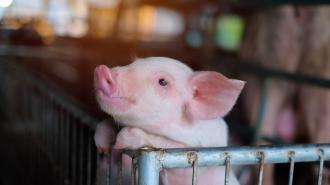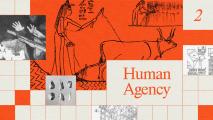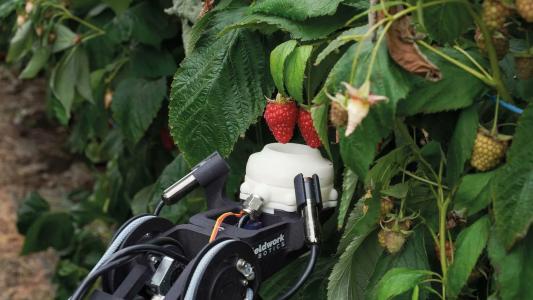A robot that automates a common technique for animal cloning has been used to produce a litter of cloned pigs in China — with a much higher success rate than human scientists.
The challenge: China is both the world’s biggest producer of pork and its largest consumer, so having ideal breeding stock — animals that birthe large litters of quick-growing piglets — is important for the nation’s economy and food security.
However, in 2018 and 2019, an epidemic of deadly African swine fever wiped out almost 50% of China’s pig population. As a result, many farmers have had to import breeding pigs, and China is now eager for its pork industry to become almost entirely self-sufficient.
Manual animal cloning is a tedious, time-consuming process with a 10% success rate.
The idea: Instead of importing pigs, Chinese farmers could clone them, turning one strong breeder into a herd. The most common method for animal cloning is somatic cell nuclear transfer (SCNT).
First, a scientist removes the nucleus from an animal’s egg cell, which is then replaced with a nucleus taken from a regular body (or “somatic”) cell of the animal being cloned. The embryo with the transplanted nucleus is then implanted in a surrogate to develop like any other.
But this is a tedious, time-consuming process conducted under a microscope, and it only has a 10% success rate.
Robotic animal cloning: Researchers at Nankai University have now built a robot that can autonomously perform SCNT cloning. In March 2022, embryos — created entirely by the system — were used to produce a litter of seven cloned pigs, birthed by a surrogate mother.
“Each step of the cloning process was automated, and no human operation was involved,” researcher Liu Yaowei told the South China Morning Post.
“Our AI-powered system … reduces the cell damage caused by human hands.”
Liu Yaowei
The fact that such a tricky, complex process as animal cloning can be automated is remarkable enough, but the system is also far better at the process than human scientists, with a success rate of 27.5%.
“Our AI-powered system can calculate the strain within a cell and direct the robot to use minimal force to complete the cloning process, which reduces the cell damage caused by human hands,” Liu said.
Looking ahead: A peer-reviewed paper detailing the team’s work will soon be published in the journal of the Chinese Academy of Engineering, Liu told the South China Morning Post.
The group’s immediate hope is that their tech could help China’s pork industry become self-sufficient — but it could have implications far beyond the nation’s pig farms.
If the cost of robotic animal cloning isn’t prohibitive, cloning could be useful for researching new drugs, climate-proofing the food supply, protecting endangered species, or even (more speculatively) resurrecting extinct ones.
We’d love to hear from you! If you have a comment about this article or if you have a tip for a future Freethink story, please email us at [email protected].






